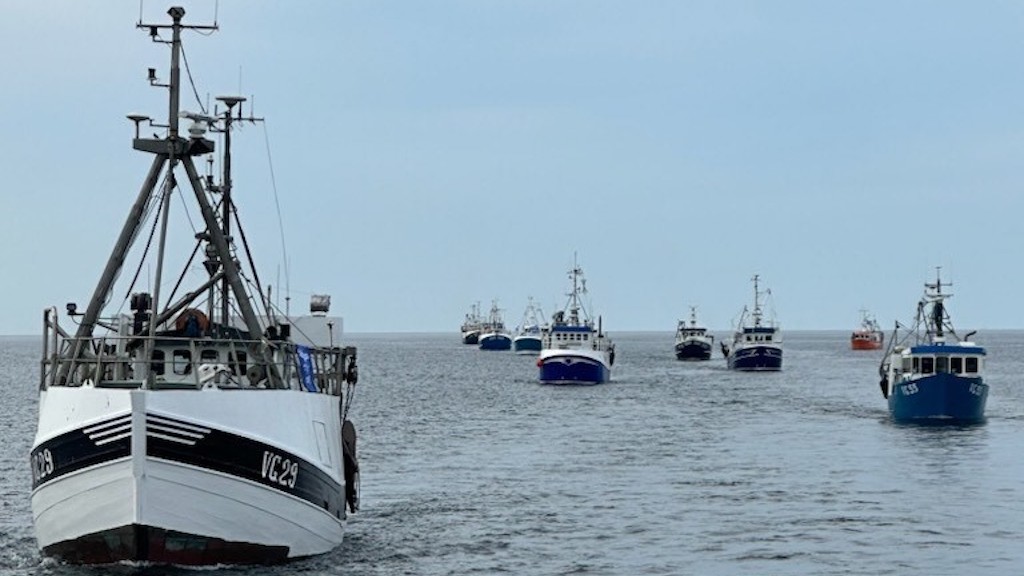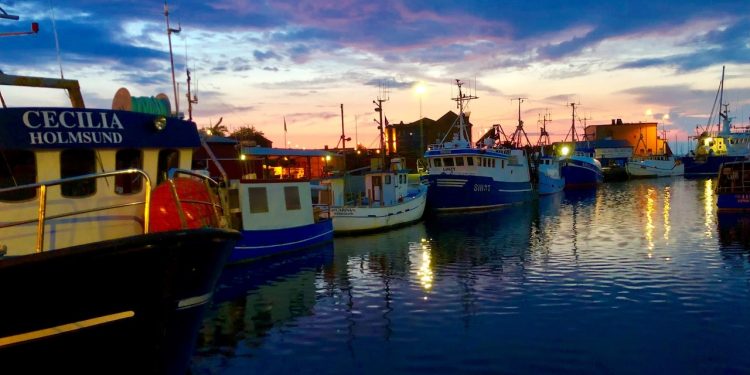Following the announcement of the EU Commission adopting proposals for Baltic fishing opportunities for 2025, the Swedish Fishermen’s PO isn’t pulling its punches in calling out the hypocrisy of the attitude to the problems facing this unique stretch of water – and the shortcomings of the Swedish authorities.

‘Save the Baltic must be one of the world’s most worn-out slogans. We have been hearing it in different contexts since the 70s and big money has been raised over the years for a variety of initiatives. All the same, a lot of not much has happened. The Baltic is still one of the world’s most polluted oceans. An area larger than Denmark consists of completely sterile seabed,’ a Swedish Fishermen’s PO representative states.
‘It’s actually fascinating that we haven’t come any further, despite all the big words. If we really want to save our oceans, we must now focus on the basic problem – pollution and overfertilisation. Sweden’s Parliament, county boards, regions and municipalities must take responsibility for bringing the Baltic back to life. As one of the polluting nations, we need to make the uncomfortable but necessary investments required to address the problem and lead the way for other polluting countries, before it is genuinely too late.’
The PO’s representative commented that the real reason for the fish disappearing is well known – but politicians have shied away from addressing it, preferring instead to put the blame where it doesn’t belong.
‘The fact is that the Baltic is surrounded by countries with densely populated cities, large-scale agriculture and heavy industry that release fertilisers, toxins and sewage straight into the sea, and this has been allowed for decades. Sweden is one of the major polluters, not least when it comes to sewage. Treatment plants operate only for year-round residents. In summer people go to the coast and many municipalities’ waste goes direct into the Baltic during the time of the year when the marine environment is at its most sensitive.’
According to the Swedish Fishermen’s PO, the Baltic still has large populations of cod – in terms of numbers of individuals – but these no longer grow beyond 15 centimetres, are starved of nutrients and are affected by seal worms, parasites, heavy metals and other environmental toxins.
‘All the same, the accepted picture is that commercial fishing is the sole cause of the situation facing cod stocks, with demersal trawling protrayed as the villain,’ the PO’s representative states.
‘The media talks about monster trawlers that suck up all the fish like vacuum cleaners. The reality is that these so-called monster trawlers are pretty small. Now bottom trawling has also been banned for five years – but the situation has only become worse. It’s clear that it is not the fishing that is the cause of the Baltic’s gigantic environmental problems. Yet politicians continue to run a simplistic and false analysis of the role of fishing in a dying Baltic, instead of daring to stand up to deal with their own inadequate environmental policy in regard to pollution.’









